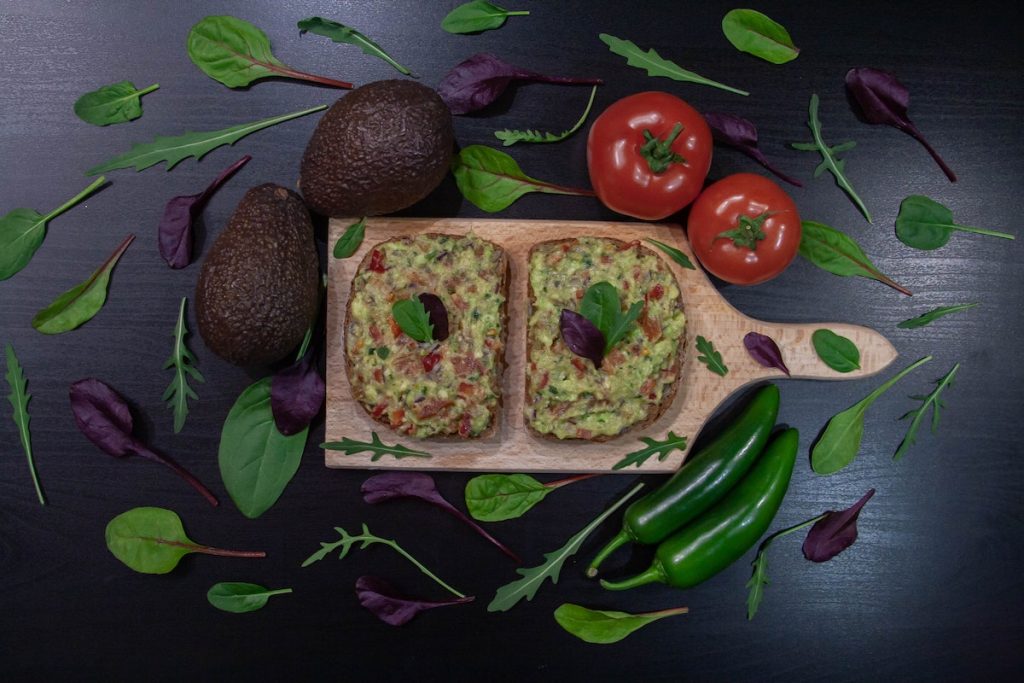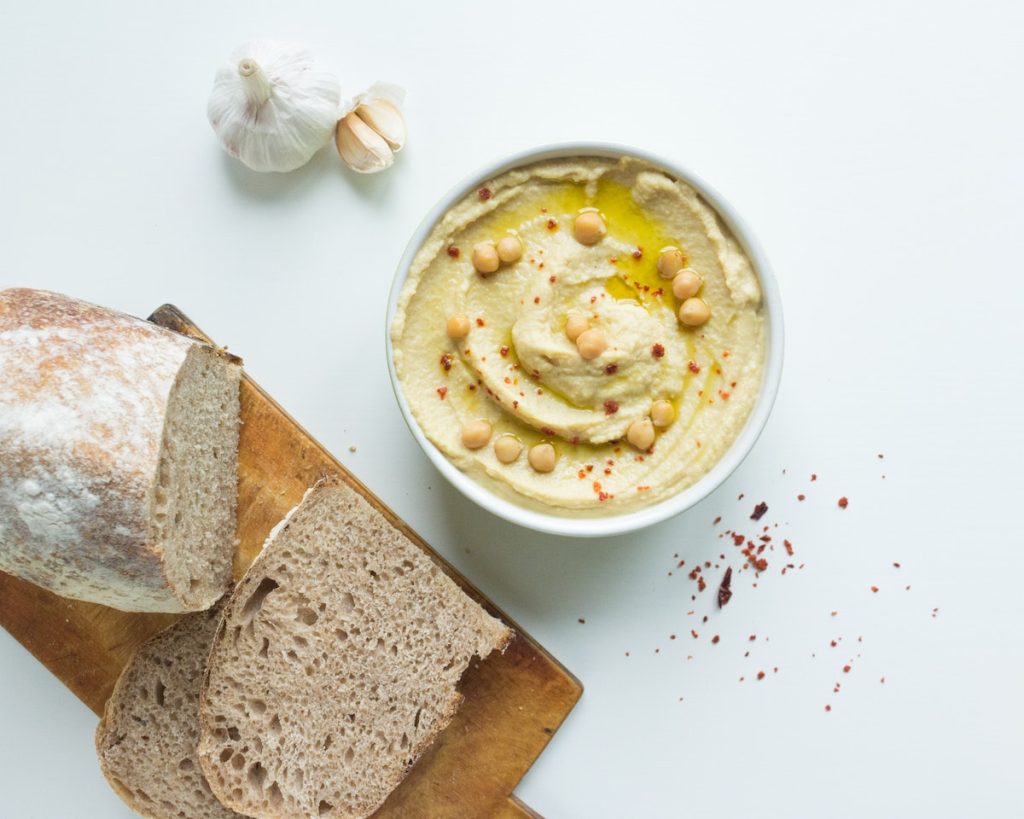Many people enjoy a spoon of mayo in their tuna sandwich or chicken salad, but it isn’t always the healthiest option for us.
You may be adding a hundred or two hundred calories more to your meal as a spoonful of mayo has about 95 calories.
We’re not saying that mayonnaise is bad for your health. But daily consumption can ruin your health. Mayo is high in fat, if you’re going for a healthy diet or you’re cutting back on calories, then you can eat it in small amounts once in a while.
But that’s no fun. We need mayo for our sandwiches, potato salad, macaroni salad, eggs and burgers. It’s an amazing dipping sauce for our favorite chips. The good news is that there are healthier condiments and alternatives that aren’t filled with artery-clogging saturated fats.
Before we go through our list of mayo substitutes, let’s first understand why mayo is considered “unhealthy.”
What’s Mayo Made of?
Mayonnaise is made with egg yolks, vinegar, lime or lemon juice and oil. All the ingredients are mixed together in a continuous beating that gives it its creamy texture, along with emulsification.
The presence of oil makes it loaded with fat and the lack of fiber doesn’t give it many health benefits at all.
Mayo tastes good with anything, it’s one of the reasons for it’s popularity as a condiment. So people tend to unknowingly load up on mayo if they’re not conscious of how much they’re eating.
One other major concern with mayo is improper and unhygienic storage and production. It’s not the mayonnaise that causes the illness, but the bacteria that can contaminate it. Although commercially made mayonnaise is safer, you need extra care when it comes to consuming homemade mayo as risks, like salmonella infection, tend to be higher. To prevent this, you can use pasteurized eggs or supermarket-bought eggs that are marked as salmonella-free.
The Health Benefits of Mayo
Though loaded with fats, mayonnaise still has some health benefits because it is made of eggs and vinegar. It has more benefits being a topical agent rather than being ingested.
For example, applying mayonnaise to your hair helps it maintain its volume and shine. It can also promote hair growth.
Since eggs have protein that’s good for the skin, applying eggs to your face can enhance moisture and reduce early signs of wrinkles. It can also strengthen your nails and soothe sunburn because it has vitamins K and E which help in cell repair.
Best Substitutes for Mayo
Avocado

If you want a healthier alternative to all the fat and grease, then you can use avocado. Avocado is one of the most recognizable types of superfood. It contains half the fat mayonnaise has and it’s cholesterol-free. A tablespoon of avocado contains 25 calories compared to the 50 calories you would find on mayonnaise for the same amount.
You can use avocado where you would normally use mayonnaise, like salad dressings or a dipping sauce.
How to substitute:
Take a ripe avocado, cut the skin off, and then mash the avocado or puree it. You can put salt, pepper, lemon juice, and some herbs if you want. Try to use it with your burgers, tuna sandwiches, salads, or dips for chips.
Greek Yogurt
Greek yogurt has a similar texture to mayo but is packed with more nutrients and comes with less fat.
This alternative is just an overall win compared to mayo. It has probiotics and contains fewer calories.
Mayo does have vitamin E and potassium, but yogurt is packed with vitamins and minerals such as vitamin B12, calcium, magnesium, potassium, and zinc.
How to substitute:
The trick with greek yogurt is in how you season it. You can experiment with different flavors until you find one recipe that suits your taste.
Add lemon or lime, some salt, pepper, garlic powder, onion, oregano, thyme and other herbs. Mix it with a spoon or put it in a blender.
If you’re not yet used to the taste, then you can combine mayo and greek yogurt. Swap half the normal amount of mayo for greek yogurt and enjoy.
Sour Cream
Sour cream isn’t just for chips, nachos, and potatoes, it’s an excellent alternative to mayonnaise as it has the same tangy taste and similar texture, albeit lighter so you won’t feel bloated. You can also use it as a yogurt substitute if you feel like you’ve been consuming too much yogurt lately.
Hummus

There’s a reason vegans love hummus so much. It’s easy to make, nutritious, budget-friendly and you can use it anywhere.
Hummus is made with chickpeas, lemon juice, garlic, and olive oil. You can add more ingredients to make it more flavorful. Not only is it vegan and low in calories, but it’s also high in protein.
You can use it for shawarma, burritos, salads, dips and sandwiches.
Chickpeas contain nutrients that are excellent in fighting bad cholesterol, so hummus is also beneficial in reducing the risk in getting heart disease.
Pesto
Another crowd favorite is pesto. It’s very simple yet very tasty. The best part is that you can put it on anything, from pasta, meat, salad dressings to sandwiches and dips.
Pesto is made by blending olive oil, basil, nuts, pepper, garlic, oregano and rosemary. You can also add lemon and parsley if you like.
Some health benefits you’ll get from pesto:
- Rich in antioxidants.
- Helps repair damaged cells.
- Helps neutralize free radicals that are responsible for chronic illnesses, cancer and other diseases.
- Daily consumption can help regulate blood sugar levels.
- It has garlic which helps in decreasing high blood pressure.
Mustard
Another popular condiment is mustard. It’s a global favorite as it matches so many food products, like sandwiches, wraps, salads and meat dishes.
Unlike mayonnaise, mustard is made from plants and has very low caloric content. Two spoons of mustard have 20 calories, that’s 100 calories if you’re consuming the same amount of mayonnaise.
Mustard also comes in different varieties. The most popular ones are yellow, dijon and spicy mustard.
It also contains a range of vitamins that are essential for your body, like vitamin A, C, and K. Plus, it has anti-inflammatory and anti-bacterial properties, so you know that you’re consuming something that’s also healing your body.
Consume anything in moderation
Mayonnaise isn’t bad if you’re not consuming it often and if you’re eating it in small amounts. But it can sometimes be easy to overeat when it comes to mayo.
However, there are better alternatives that are a delight to your taste buds. If you’re cutting back on calories, or you just want something lighter, then choose any of the substitutes listed above, or you can choose to go for a lighter version or the reduced-fat variety.


